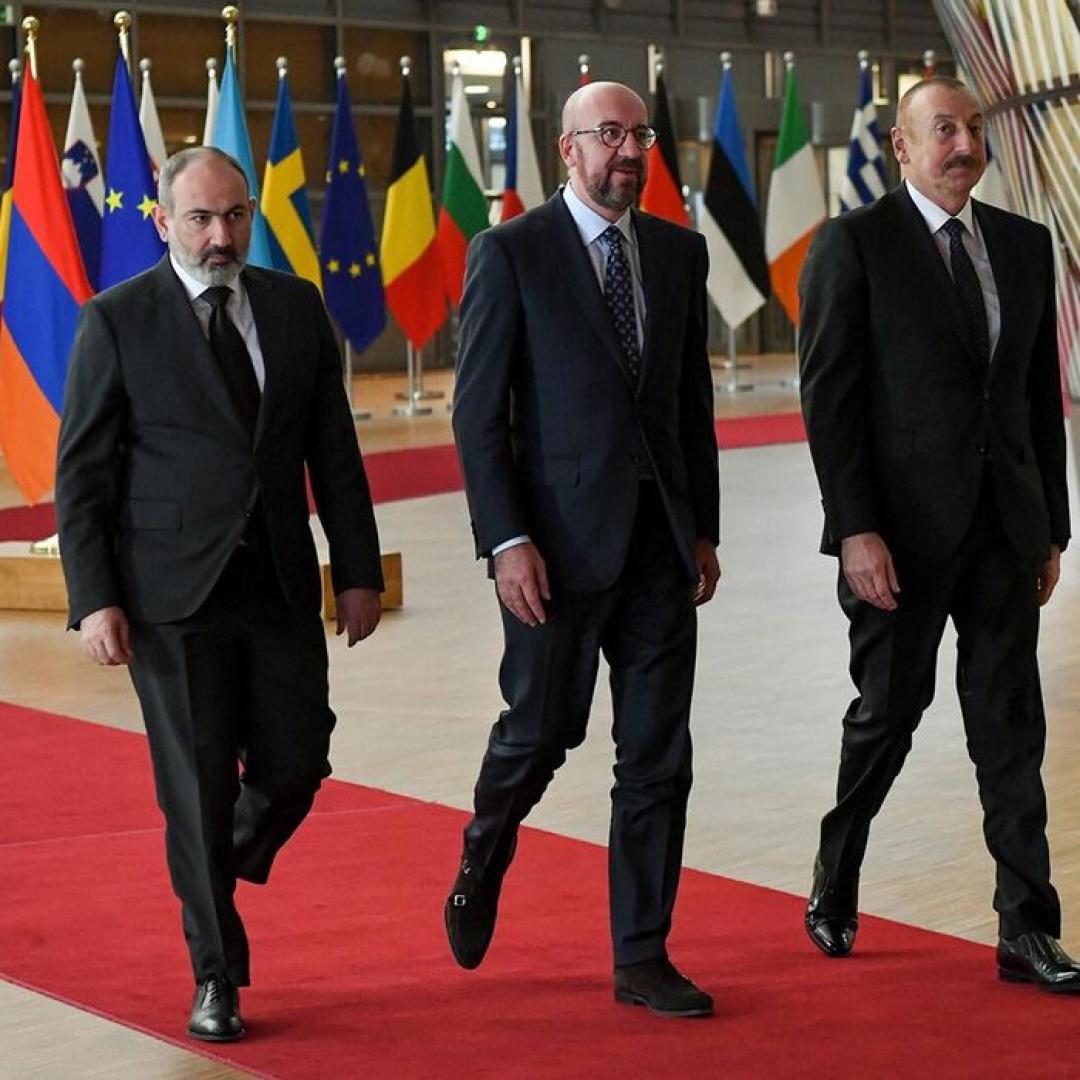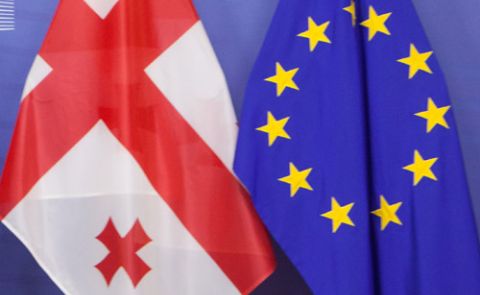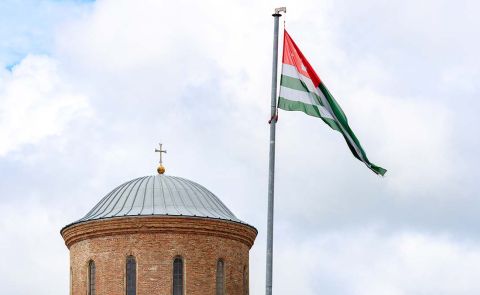
Charles Michel Accuses Russia of Ineffectiveness in Karabakh; Comments on EU-Azerbaijan Relations; Talks About EU Mediation

In an interview with Euronews on October 3, Charles Michel, the European Council President, stated that Russia's failure to ensure peace and security in the enclave of Nagorno-Karabakh is a betrayal of the Armenian people.
"Russia wanted to have soldiers on the ground to guarantee this peace and security agreement. However, we see that the military operation was launched without the slightest reaction from the Russian peacekeeping forces in the territory. The European Union, on the other hand, had no force or military presence on the ground," he added.
Michel noted, "European mediation, which was conducted in parallel with others such as that of the US, enabled us to advance, for example, with prisoner exchanges, and to understand better how to improve the connectivity of this region to ensure better future stability. We also made progress on texts that aim to ensure a future peace deal between Armenia and Azerbaijan. But having said that, I am extremely disappointed by Azerbaijan's decision, and I have expressed that very firmly to President Aliyev."
The European Council President stressed that EU intervention was critical in ensuring the re-opening of the Lachin corridor - which had been blockaded by Azerbaijani forces for months, preventing essential supplies from reaching the Armenian population of Nagorno-Karabakh - and assured the bloc would continue to provide humanitarian support. "We are very committed to supporting Armenia, which is receiving a high number of refugees who have left their home region in Nagorno-Karabakh," the official emphasized. "We also need to remain engaged at a political and diplomatic level to make sure that there’s a very clear reaffirmation of the respect for the territorial integrity of Armenia. We will not give up," he affirmed.
Michel noted, "Peace will require a negotiation that can pin down commitments from both sides, although there is a great responsibility on the side of Azerbaijan, which launched this military operation. It’s now up to Azerbaijan to show goodwill by engaging while respecting international law to protect the rights and security of the entire population that lives in Azerbaijan, including the Armenian population." He refrained from labeling the forced exodus of the Nagorno-Karabakh population as an attempt at ethnic cleansing: "The immense majority of the Armenian population has indeed left the region and probably in fear of how they will be considered by the Azerbaijani authorities. A large part is now in Armenia, and that’s why the EU must deliver humanitarian aid."
He also said that Baku remains an EU partner. "Azerbaijan is a partner today, yes, it’s a partner. That doesn’t mean the relationship is simple. No, it’s not simple. Are there difficulties? Yes, and these difficulties are real and should be understood," he explained. The official also denied that the EU had turned a blind eye to signs of hostilities when EU Commission President Ursula von der Leyen hailed Baku a trustworthy partner in 2022, striking a deal to double EU imports of Azerbaijani gas by 2027 in a bid to wean off Russian fossil fuel imports. "I understand the argument, but it's not correct. We showed Europe's ability to very quickly diversify energy supplies following the Russian invasion of Ukraine, and therefore, we now have many options in terms of energy supplies," he added.
When asked if the EU should reconsider its gas deal with Baku, Michel said: "Of course. We now need to look at how to normalize the relationship between Armenia and Azerbaijan so that we can firmly and incontestably ensure the mutual recognition of the territorial integrity of both countries. We will encourage a normalization process that can lead to commitments on both sides to respect the promises they have made. And the absolute priority is to ensure that there are negotiations on territorial borders. It is the European mediation process that secured progress in this regard on a peace treaty to normalize the relationship and also on what we call connectivity, that is, the possibility for the populations of both Armenia and Azerbaijan to be able to move in the region."
See Also


BP Strengthens Presence in Azerbaijan’s Offshore Energy Sector

Netanyahu’s Letter to Aliyev: Mutual Trust, Solidarity Following Hamas Attacks, Facilitating Dialogue Between Israel and Türkiye

Azerbaijan Expands JF-17 Thunder Fighter Jet Order from 16 to 40 Units

EU Commissioner and NATO PA Warn Georgia Over Democratic Decline Amid Accession Challenges

